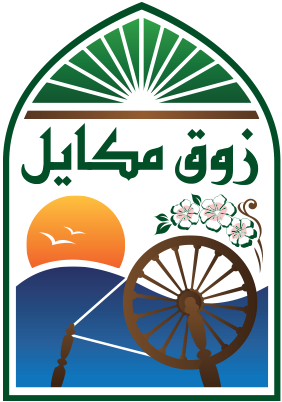
Town Festival 2019
With the beginning of the twenty-first century, the world is witnessing a great disintegration in social and even family relations. In Lebanon, for example, the people of one village do not meet anymore except in sorrows and funerals, as days and years pass by, so do the bonds of those good traditional relations.
With that being said, a solution was considered a necessity, which ignited an idea that represents Zouk Mikael, the capital of culture in Keserwan and the platform of freedom and civilization in Mount Lebanon. An event dedicated annually to celebrate Zouk Mikael, suitable for both kids and adults, which takes place at its Roman amphitheater built during a great apocalyptic era called Nohad Naufal. They gather to revive its glories through music, and to restore its heritage in a dinner full of familiarity and love, under the auspices of the man who holds this town closest to his heart, the President of the municipal council Elias Béaino, hand-in-hand with the Municipal Council.
On September 7, 2019, the Zouki spirit was manifested splendidly, a large gathering, one voice, one table, and even that screamed: Our Treasure in Diversity, and Our Unity in Love.
On that night, the Municipal Council organized a festival under the title “Baldetna el Eid” and it was revived by the music of the Internal Security Forces, led by Lieutenant-Colonel Antoine Tohme, the music leader of the Internal Security Forces, with more than forty musicians, in the presence of the President and members of the Municipal Council, the head of the Central Inspection Judge George Attieh, His Excellency Archbishop Boulos Rouhana, Patriarchal Vicar General for the Maronite Prosecution of Sarba, and a large crowd of political, religious and military personalities attended.
It was an elegant celebration in which people of all categories of age participated. A celebration in which Elias, Iskandar, and Muhammad were honored… A celebration in which the chanters glorified the Virgin with a creative mixture between the Maronite and Byzantine rites. A celebration in which everyone swayed to western operatic and ancient Lebanese tunes dating back to the time of the greats. A wedding in which the head of the Central Inspection sang praises and applauded the Lord. A celebration that represents the Zoukis in every way, for the conductor of the orchestra is a Zouki, the vocalists were either citizens or residents of Zouk, and audience which contained more than two thousand Zoukis, who later shared the traditional dish of the town.



